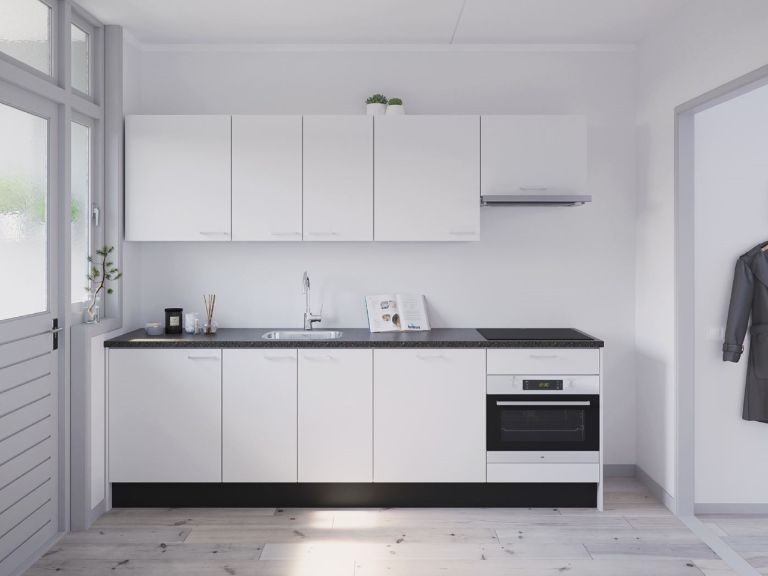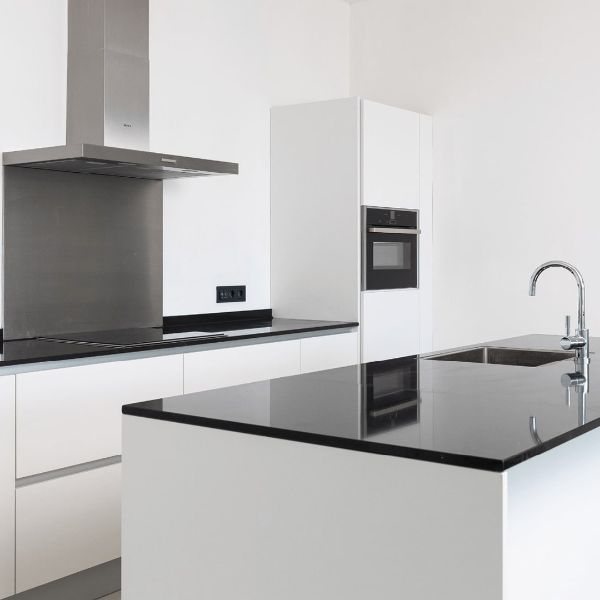Cooking up sustainability: From ESG reporting to EUDR readiness for Bribus
.jpg)
Tailored ESG reporting & EUDR readiness for Bribus
Bribus is a Dutch kitchen manufacturer based in Dinxperlo and has been producing high‑quality kitchens for nearly a century. The company supplies contemporary kitchen solutions and installation services to professional clients, including housing cooperatives, property managers and healthcare institutions. Bribus has a strong sustainability ethos and focuses on designing kitchens that are functional, aesthetically pleasing and increasingly circular. As an active partner in the Circular Kitchen project led by TU Delft and AMS Institute, Bribus works alongside scientists and housing associations to develop modular kitchens that are easy to update and help reduce resource use, emissions and waste.
Challenge
Bribus faced two pressing challenges. Initially, full CSRD compliance was required, but subsequent Omnibus amendments shifted their formal obligations. Bribus needed a structured approach to sustainability reporting that would meet stakeholder expectations without creating unnecessary compliance burdens. At the same time, the introduction of the EU Deforestation Regulation (EUDR) required a clear assessment of whether Bribus’s products fell within scope, as well as a precise understanding of their responsibilities as an operator or trader. The main objective was to clarify their obligations and manage supply chain risks proactively.
Tailored ESG Reporting for Bribus
Bribus transitioned from full CSRD compliance to a flexible, tailored ESG reporting approach based on ESRS principles and adapted to their needs.
Here's how we did it:
Step 1: Set up the CSRD Team
Together with Bribus, we established a cross-functional team to lead sustainability data collection, stakeholder engagement and reporting activities. This group ensured that responsibilities were clearly assigned and that all perspectives within the organisation were represented.
Step 2: Double Materiality Assessment
We performed a double materiality assessment to identify Bribus’ most material ESG topics. and validating these findings with key internal and external stakeholders. This process created a robust foundation for future sustainability reporting and ensured alignment with ESRS standards.
Step 3: Data gathering
We established a clear, structured plan for collecting data across the organisation. Our approach ensured contributions from every relevant department and included quantitative and qualitative information. At this stage, we also defined targets and actions for each material topic to ensure that outcomes were actionable and measurable.
Step 4: ESG reporting roadmap
We translated these insights into a clear reporting roadmap, outlining how Bribus can collect and organise ESG data, track progress, and prepare for future ESG reporting in a structured and adaptable way.
EUDR Readiness for Bribus
With the introduction of the EU Deforestation Regulation (EUDR), Bribus needed to clarify its obligations as a kitchen manufacturer and assess supply chain risks.
Here's how we did it:
Step 1: Scope assessment
We assessed Bribus’s company type, product range, and sourcing practices to establish whether they fell under EUDR as an operator or as a trader.
Step 2: Supply chain analysis
We examined the supply chain in detail, reviewing existing due diligence measures and identifying potential risks related to wood-based materials.
Step 3: Product review
We identified which products were in scope of the regulation, ensuring clarity on where compliance obligations applied.
Step 4: EUDR compliance roadmap
We defined the scope of Bribus’s due diligence requirements and delivered a readiness roadmap to prepare for EUDR compliance.
Results
Bribus partnered with Good Growth Collective to strengthen its sustainability approach following significant changes in ESG regulation. The Omnibus amendments removed their legal obligation to report under CSRD, prompting Bribus to review and refine its sustainability priorities. We helped Bribus realign its strategy, identify material topics through double materiality analysis, and implement an ESG reporting framework based on ESRS principles. This enabled the company to set clear, measurable targets for each material topic, ensuring efforts were directed for maximum business and environmental impact. The EUDR readiness scan identified compliance obligations and flagged supply chain risks. As a result, Bribus is now well-positioned to advance its circular kitchen manufacturing ambitions by pairing innovation with a pragmatic approach to sustainability.
